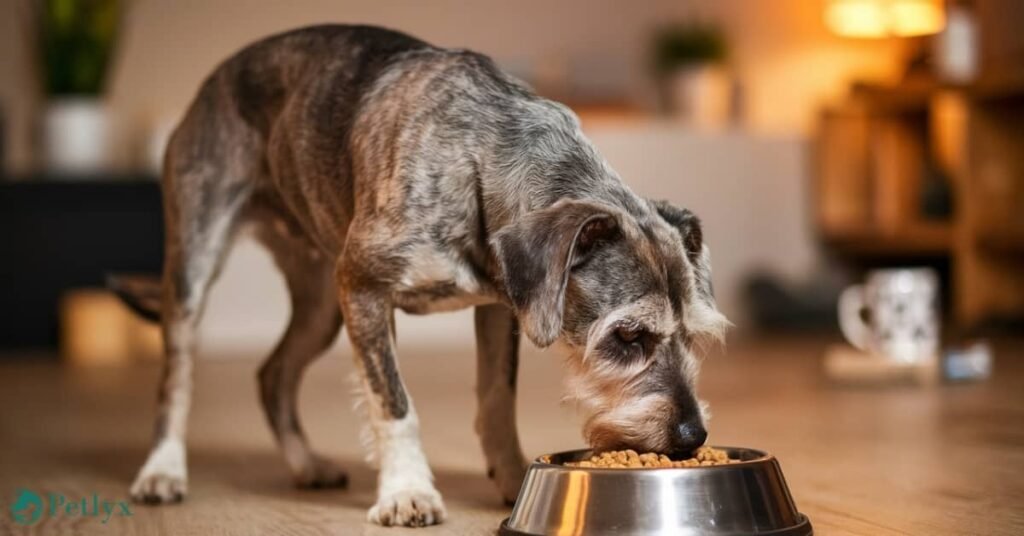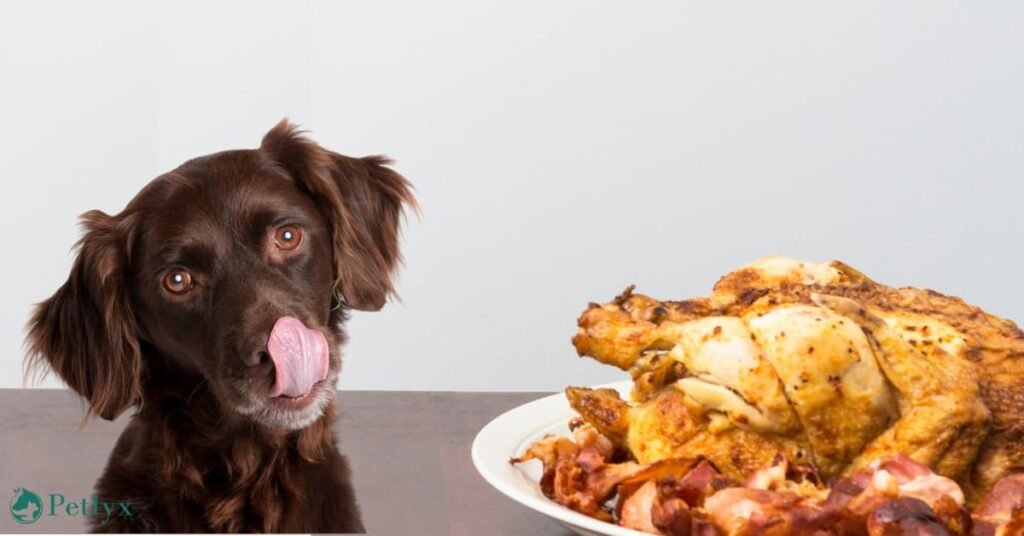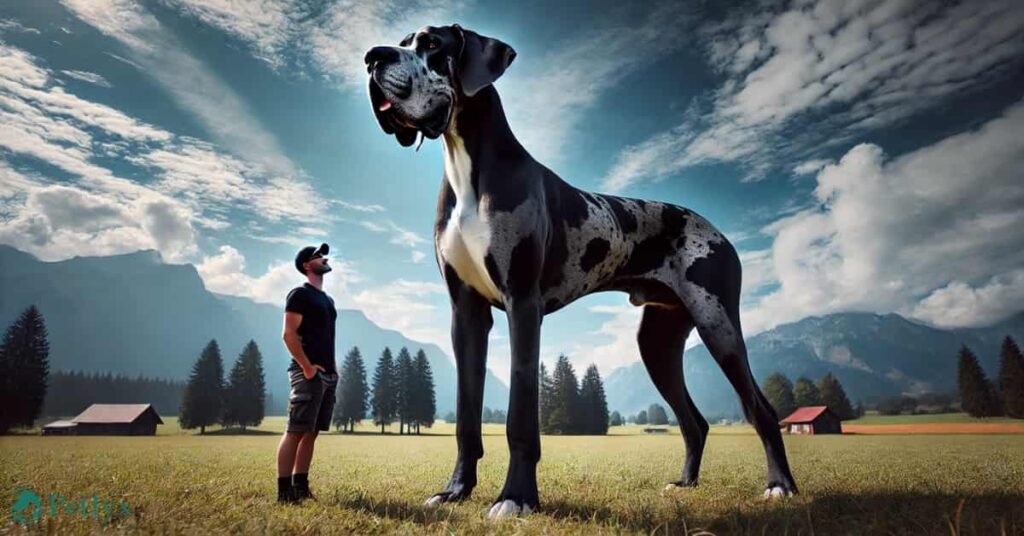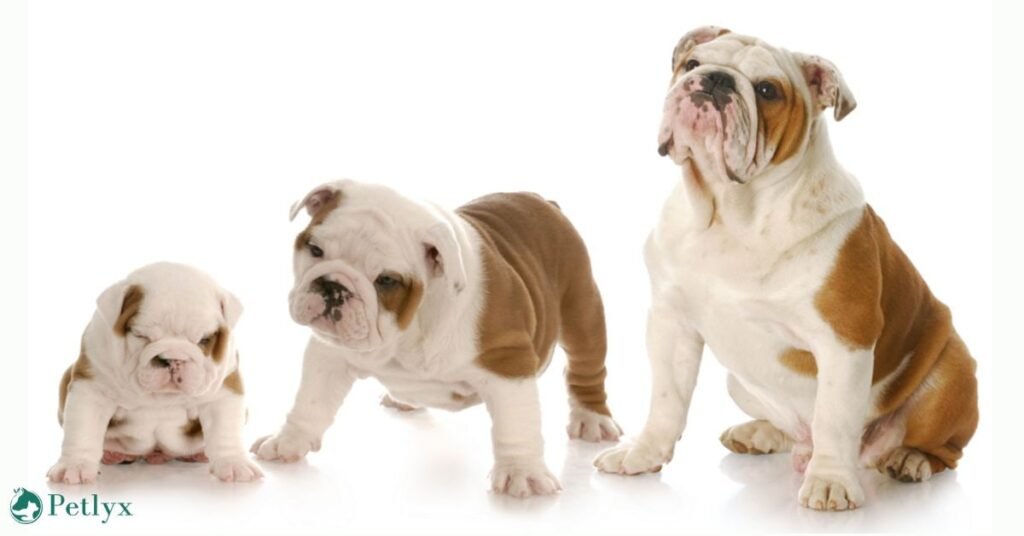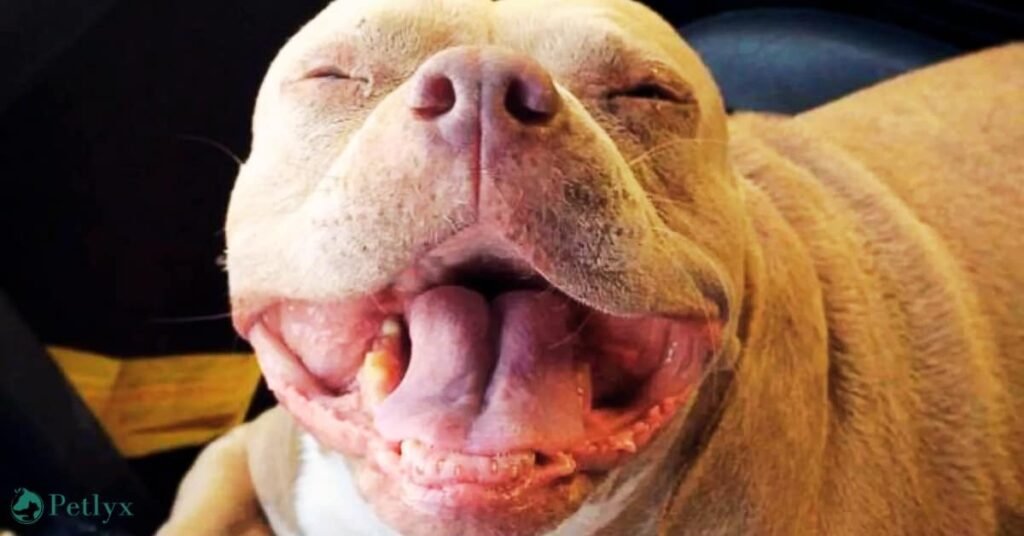Many pet owners struggle to keep their senior dogs from losing weight. Older Dog Losing Weight can be a cause of concern for many because your older years are usually more prone to sudden health deterioration, which can be fatal. Dogs, like humans, may change in metabolism, appetite, and health as they age, and this can result in unintentional weight loss. So yes, old dogs do lose weight. Let’s study it in detail and see why older dogs lose weight and what to do to fix it.
Why Do Old Dogs Lose Weight?
Weight loss in dogs is a sign of decreasing health and can be troublesome to handle. There are several factors that can cause senior dogs to lose weight. Here are the most common reasons:
1. Decreased Appetite
If your dog is older, he may eat less due to a lower appetite. This is also common in humans. As we grow older, our appetite decreases. The reason for it can be several, such as dental problems, decreased sense of smell or taste, or slower digestion.
2. Health Conditions
Underlying health issues are one of the leading causes of weight loss in older dogs:
- Cancer: It can be very weight-losing, depending on where it’s affecting.
- Kidney Disease: It is typical in older dogs and results in poor appetite, weight loss, and other health complications.
- Diabetes: Sometimes, it can cause weight loss (even with increased hunger).
- Hyperthyroidism: A dog with an overactive thyroid will lose weight even though it may be eating more than usual.
- Heart Disease: One way it can affect weight is by reducing the body’s ability to absorb nutrients.
3. The slower Metabolism and Muscle Loss
As dogs grow, their metabolism slows. Even if old dogs still eat a normal amount of food, they can lose muscle mass due to their slow metabolism. This can make them look thinner and weaker.
4. Reduced Activity Levels
Since senior dogs are less active, they don’t need as many calories. This reduces their appetite and leads to inevitable weight loss. This weight loss, however, doesn’t necessarily mean inadequate activity alone, as there are other health issues that would also put someone at risk of weight loss.
5. Parasites or Digestive Issues
Parasites, inflammatory bowel disease (IBD), or other gastrointestinal problems can prevent nutrient absorption and make your dog lose weight.
How to Tell If Your Old Dog Is Losing Weight
Weight loss can sometimes go unseen till the issues worsen. It is necessary to tackle the issue early before it causes any serious health complications. Here are some signs that your old dog may be losing weight:
- Visible Ribs or Spine: If you can easily feel your dog’s ribs or backbone when you pet them, this is a sign of weight loss. You should be able to feel the ribs, but they shouldn’t stick out in a healthy dog.
- Loss of Muscle Mass: As pets age, they often lose muscle mass and, even without much lower fat, may look thinner or weaker.
- Changes in Eating Habits: If your dog is eating less than normal or is not eating, you should note how much it is eating as it can be a symptom of losing weight.
- Lethargy: Weight loss or other health issues could be linked to a sudden drop in energy or enthusiasm for playtime, walks, and other activities.
- Vomiting or Diarrhea: Other times, weight loss is due to digestive issues such as vomiting or diarrhea.
- Changes in Coat Condition: A dull, dry, or thinning coat can indicate weight loss, malnutrition, or an underlying health issue.
What To Do If Your Dog Is Losing Weight
Losing weight can result in many health complications in senior dogs. If you notice your dog getting thinner, then it might be the time to help them gain weight. If your senior dog is losing weight, here are the steps to take:
1. Visit the Veterinarian
If unsure, schedule a check-up with your vet to rule out any underlying health condition. This can help identify why you’re dog is losing weight and help treat the cause.
2. High-Quality Senior Dog Food
Opt to feed your senior dog with a high-caloric, high-protein food made specifically for senior dogs. The protein and fat levels in these foods are higher, which is good for maintaining or regaining your dog’s weight.
3. Increase Meal Frequency
Give your dog a few smaller meals during the day for more calories. If you can aim for 3-4 small meals per day instead of 1-2 large meals, that’s great because that means you’re dog is taking in a little bit at a time, and its body can control how it processes that food more efficiently than it could if all the food was crammed down the throat.
4. Add High-Calorie Toppers
You can add calorie-dense items like wet food, low-sodium broth, cooked chicken, eggs, and other high-calorie toppers on top of your dog’s food. It can make a meal more enticing and enjoyable to eat.
5. Address Dental Issues
If dental pain is causing your dog to have trouble eating, consult your vet about treatments or diets that will alleviate pain. Learning about how many teeth dogs have can help you address many dental issues. You can try to give them wet and soft food which is easier to chew. Most of the time, senior dogs lose teeth, and knowing what to feed a dog with no teeth is essential for such situations.
6. Keep An Eye On Weight And Health.
Keep track of your dog’s weight, energy levels, and overall health. If you notice any changes for the worse, report them instantly to your vet. If weight loss continues after dietary changes, see your vet for further evaluation.
Conclusion
If weight loss occurs in senior dogs, it may be a signal of something going wrong, so action should be taken right away. Working with your vet to switch your dog to a high-quality diet and add additional nutritional support may help your dog keep a healthy weight as it hits its senior years.

